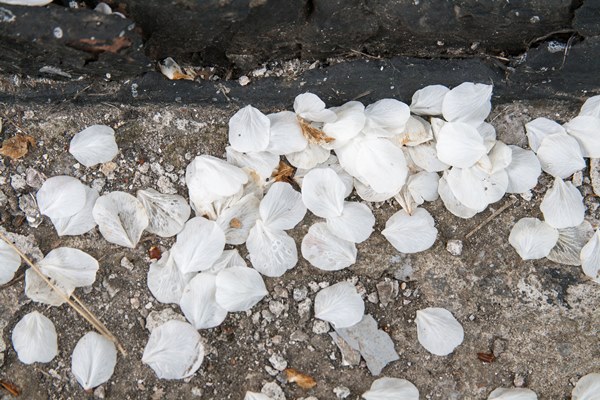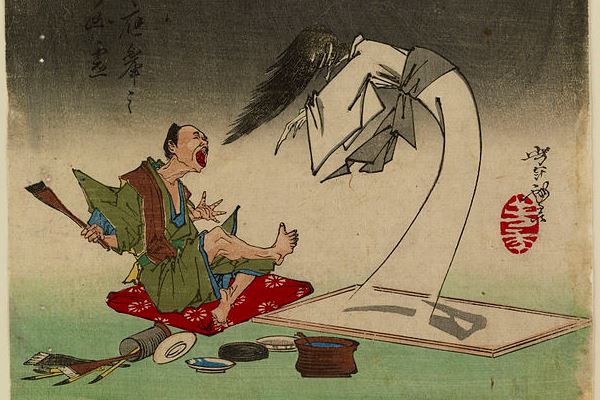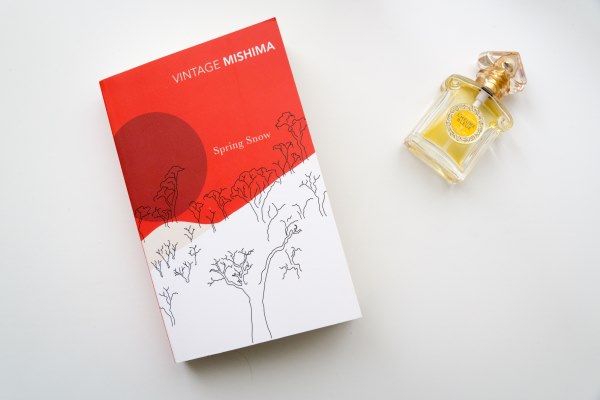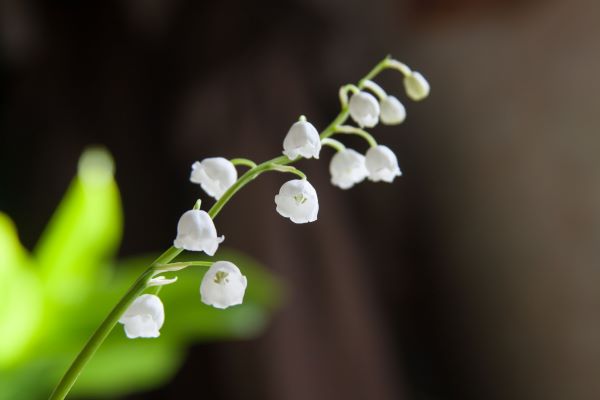Perfumes for Reading The Pillow Book
“Things that make your heart beat fast: to wash your hair, apply your make-up and put on clothes that are well scented with incense. Even if you’re somewhere where no one special will see you, you still feel a heady sense of pleasure inside.” The woman who wrote these lines was a 10th-century Japanese lady-in-waiting in the Heian court. We only know her title, Sei Shōnagon, not her real name, but The Pillow Book ensured her fame. In my recent FT magazine article, Three Perfumes for Sei Shonagon, I select three fragrance to accompany the Japanese literary masterpiece.

“For a fragrance that evokes Sei Shōnagon’s description of the royal palace – the carved screens, incense smoke and rustle of silks – I turn to Arquiste’s Nanban. It’s dark and plush, with velvety layers of myrrh, sandalwood and leather, but the infusion of osmanthus, a blossom that smells of apricots and tea, gives a candlelit glow to the composition.”
Have you read The Pillow Book? Do you ever select scents that match the mood of your favorite books?



















Yuliya Luk in Hermes Un Jardin Sur Le Nil : Fragrance Review: I want to say that after trying many perfumes from Hermes, I was not ready to buy them and use them. I received this scent as a gift from my… April 25, 2024 at 9:30pm